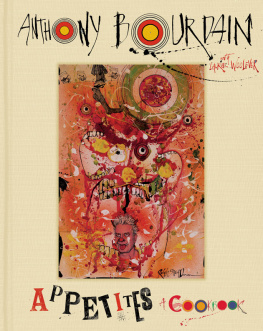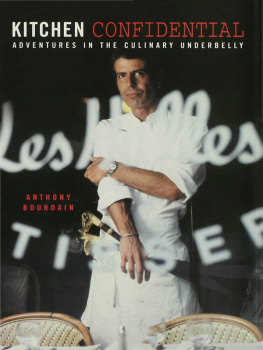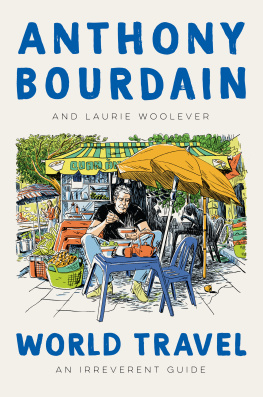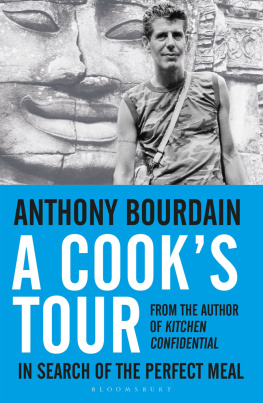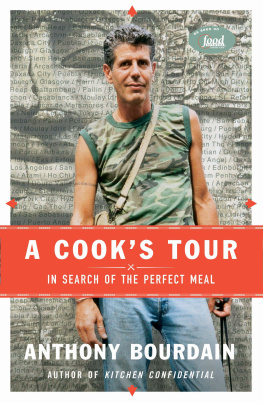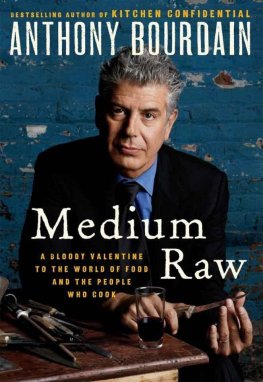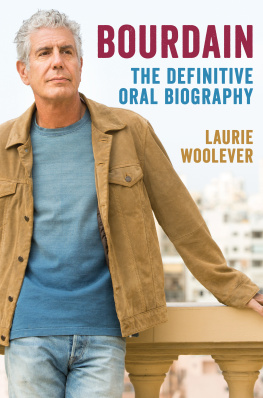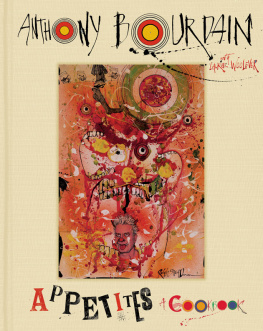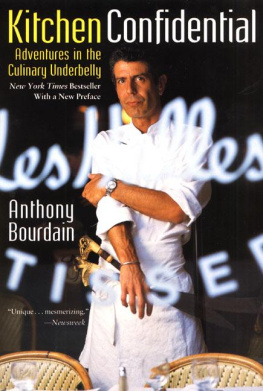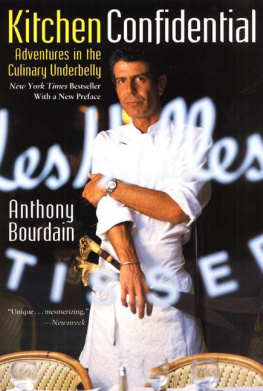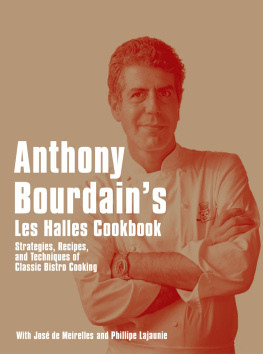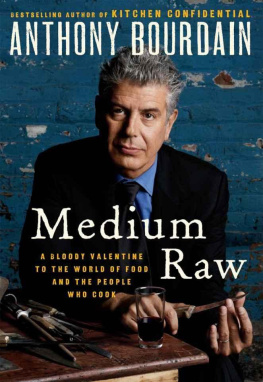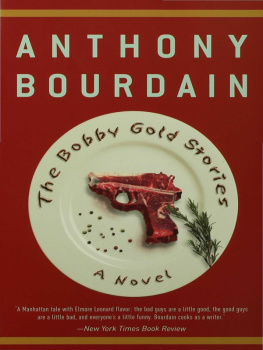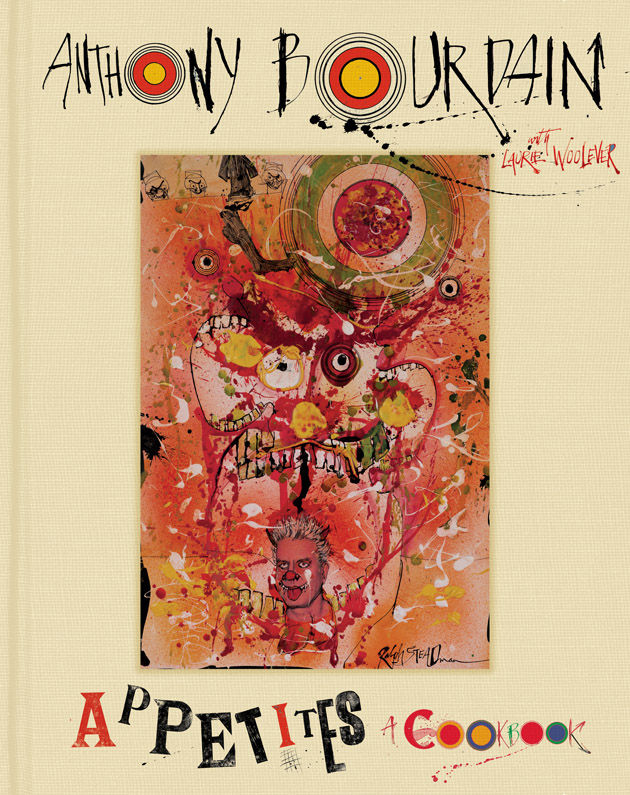
To Ariane and Jacques
CONTENTS
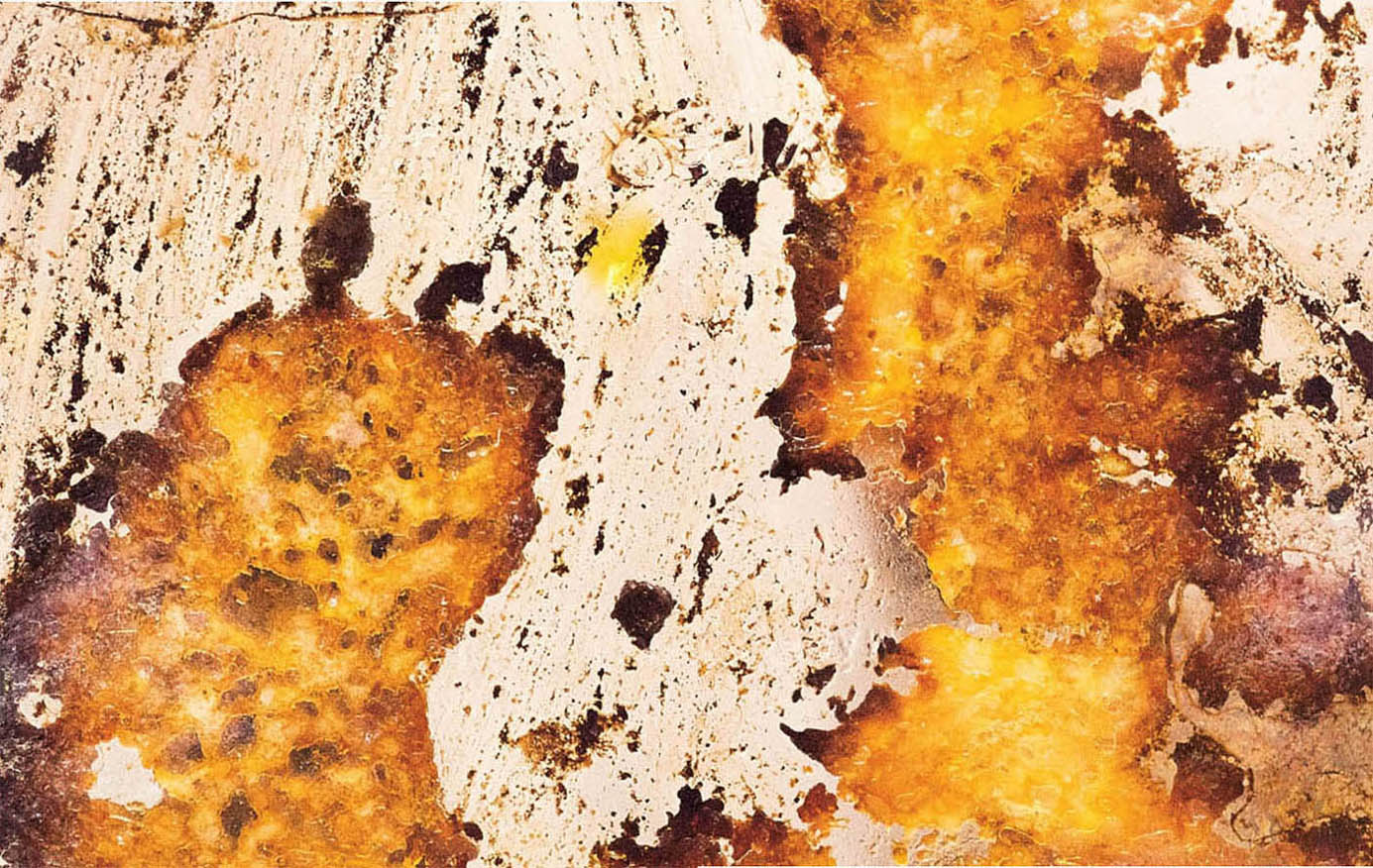
Guide

For their large and small contributions to the making of this book, wed like to thank:
Paul Ackerina
Olivia Mack Anderson
Beth Aretsky
Eddie Barrera
Ruby Basdeo
Anna Billingskog
Danny Bowien
Andreana Busia
Angelo Busia
Ariane Busia-Bourdain
Ottavia Busia-Bourdain
Sonya Cheuse
Helen Cho
Suet Yee Chong
John Cogan
Chris Collins
Milo Collins
Neko Collins
Ariane Daguin
Lizzie Roller Dilworth
Angela Dimayuga
Lolis Elie
Chris Faulkner
Josh Ferrell
Bobby Fisher
Dahlia Galler
Giacomo Gambineri
Ashley Garland
Theo Granof
Victoria Granof
Daniel Halpern
Jon Heindemause
Anya Hoffman
Ruby Hoffman-Werle
Tema Hoffman-Werle
Nicholas Krasznai
Alison Tozzi Liu
Caleb Liu
Micah Liu
Tony Liu
Dave Luebker
Melissa Lukach
Peter Meehan
Rachel Meyers
Emily Miller
Flavio Moledda
Joshua Monesson
Max Monesson
Nathan Myhrvold
Patty Nusser
Nick Olivieri
Sophia Pappas
Miriam Parker
Jason Perez
Buster Quint
Doug Quint
Jacques Quizon
Marcus Quizon
Myra Quizon
Rommel Giant Quizon
Bridget Read
Eric Ripert
Matt Roady
Mark Rosati
Allison Saltzman
Cathy Sheary
Ralph Steadman
Lydia Tenaglia
Ashley Tucker
Theo van den Boogaard
Kaitlyn DuRoss Walker
Jonathan Werle
Maisie Wilhelm
Kimberly Witherspoon
Monika Woods
John Woolever
Patricia Woolever
All happy families are alike...
Leo Tolstoy, Anna Karenina
Tolstoy clearly never spent any time with my happy family.
My eight-year-old daughter, Ariane, does a terrific imitation of my wife threatening to choke a taxi driver. Its something shes seen often enough to get dead rightmy wifes Italian accent, her anger, her exasperation as the driver takes yet another wrong turn on the way to my daughters school, and finally the kicker: Im going to keel you with my bare-a hands!
It has been many months, maybe years, since anyone has seen my wife out of her regular attire of rash guard and spats. Shes a martial artist, a purple belt in Brazilian jiujitsu, and she trains full-time, seven days a week. Most of her efforts are spent practicing horrifying new ways to quickly, forcibly manipulate opponents feet, ankles, and knees in such ways as to permanently damage their tendons and ligaments.
I travel the world for a living. On any given day, Im as likely to be found in a longhouse in Sarawak, Borneo; in a cafe in Marseille; or in an airport transit lounge in Doha as I am to be found at home. My daughter is used to seeing her fathers face on TV and on the sides of city buses, accustomed to seeing him approached by strangersand is decidedly unimpressed.
Her best friend, Jacques (pronouned Jax), from whom she has been inseparable most of her life, is Filipino, part of an extended family who easily spends as much time in our home as anywhere else. English, Italian, and Tagalog are heard interchangeably. My daughter is increasingly fluent in Italian. I am not.
What is it that normal people do?
What makes a normal happy family?
How do they behave? What do they eat at home? How do they live their lives?
I had little clue how to answer these questions for most of my working life, as Id been living it on the margins. I didnt know any normal people. From age seventeen on, normal people had been my customers. They were abstractions, literally shadowy silhouettes in the dining rooms of wherever it was I was working at the time. I looked at them through the perspective of the lifelong professional cook and chefwhich is to say, as someone who did not have a family life, who knew and associated only with fellow restaurant professionals, who worked while normal people played, and who played while normal people slept.
To the extent that I knew or understood normal peoples behaviors, it was to anticipate their immediate desires: Would they be ordering the chicken or the salmon?
I usually saw them only at their worst: hungry, drunk, horny, ill tempered, celebrating good fortune or taking out the bad on their servers.
What they did at home, what it might be like to wake up late on a Sunday morning, make pancakes for a child, watch cartoons, throw a ball around a backyardthese were things I only knew from movies.
The human heart wasand remainsa mystery to me. But Im learning. I have to.
I became a father at fifty years of age. Thats late, I know. But for me, it was just right. At no point previously had I been old enough, settled enough, or mature enough for this, the biggest and most important of jobs: the love and care of another human being.
From the second I saw my daughters head corkscrewing out of the womb, I began making some major changes in my life. I was no longer the star of my own movieor any movie. From that point on, it was all about the girl. Like most people who write books or appear on television, who think that anyone would or should care about their story, I am a monster of self-regard. Fatherhood has been an enormous relief, as I am now genetically, instinctually compelled to care more about someone other than myself. I like being a father. No, I love being a father. Everything about it.
Im sure my wife has a different view on this, but if I could go back to the diaper-changing, wake-up-in-the-middle-of-the-night-to-soothe-crying-baby phase of fatherhood? Id be overjoyed.
I recognize that I am, in some ways, overenthusiastic about this late-in-life move into responsible parenting. And that I have a tendency to try to make up for lost time. Since so many of my happiest memories of childhoodsummer vacations at the Jersey shore, off-season Montauk, trips to Franceare associated with the tastes and smells of the things I ate, I feel uncontrollable urges to smother the people I love with food. Ive become the sort of passive-aggressive yenta or Italian grandmother stereotype from films whos always urging people, Eat! Eat! and sulking inconsolably when they dont.
This pathology is further complicated by my time as a professional. I have developed work habits that, over three decades, imprinted on me the need to be organized, to have a plan, to rotate stock, to label prepared foodstuffs, and to keep a clean work area.
So on top of my desire to make up for lost time, and my psychoIna Gartenlike need to feed the people around me, I am obsessive-compulsive in my work habits and anally retentive in ways that youd find ideal in a professional brunch cook, but probably disturbing in a husband or parent.
Thats our family. And this is our family cookbook.
These are the dishes I like to eat and that I like to feed my family and friends. They are the recipes that work, meaning theyve been developed over time and have been informed by repetition and longand often painfulexperience.
As happens in the restaurant business, I will, from time to time, make small incremental sacrifices in quality for the often more important matter of serviceability. While it is a laudable ambition to prepare the best risotto in the world, that doesnt mean shit if your guests are sitting around with their stomachs growling, getting progressively drunker, while you dick around in the kitchen, interminably stirring rice.

